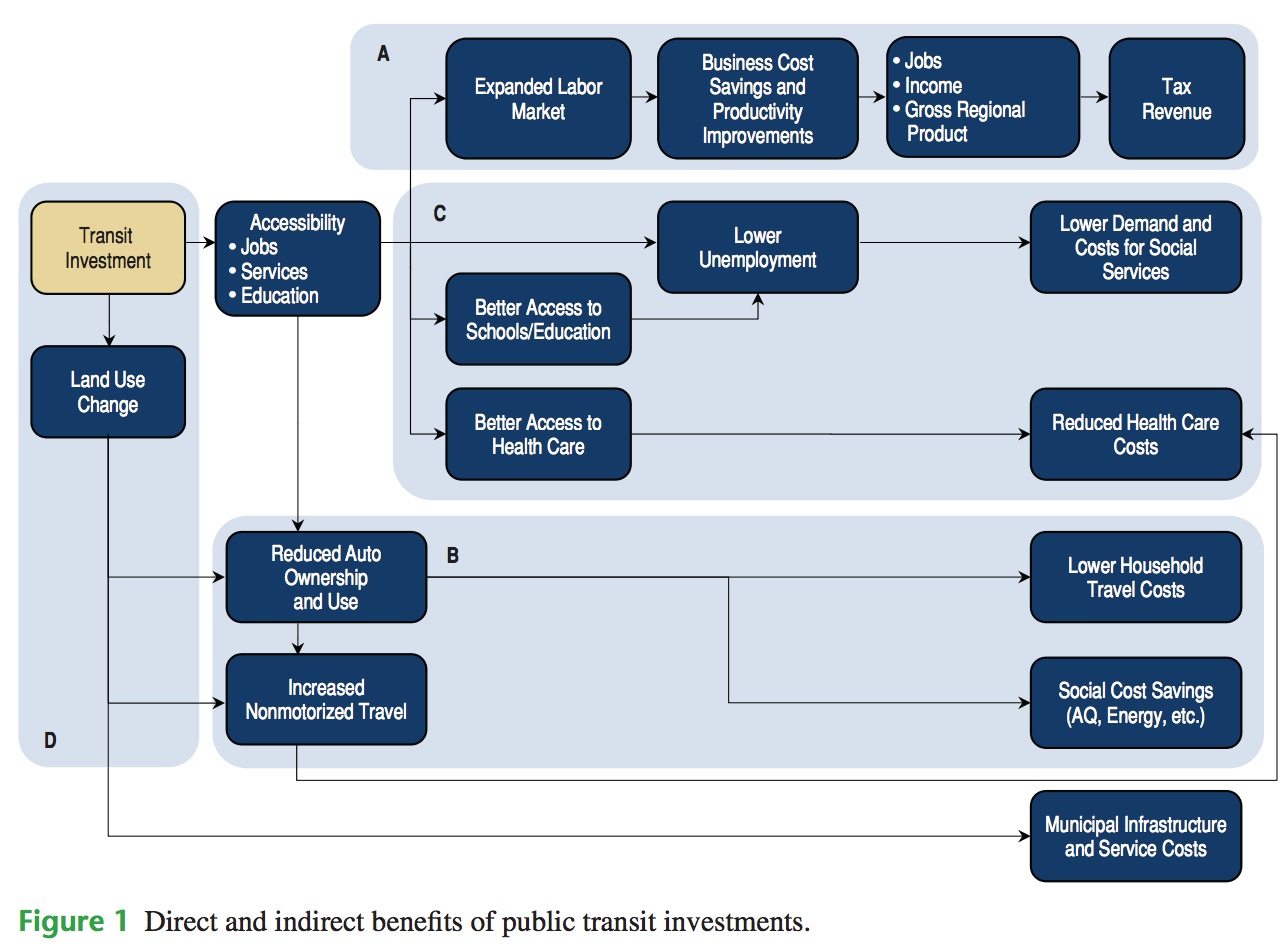
NATIONAL COOPERATIVE HIGHWAY RESEARCH PROGRAM
An additional, indirect impact that has seen less consideration in transit program and project planning is the potential cost savings to other government programs that result from the benefits provided by transit. These indirect benefits can result from improved access to jobs, health care, and education, which can reduce the demand for government services.












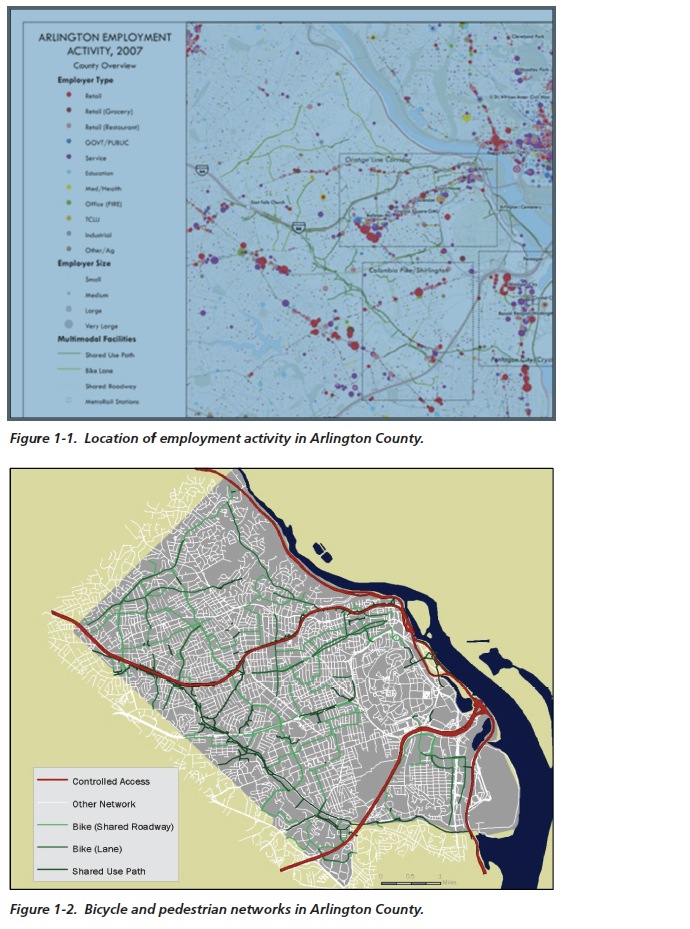

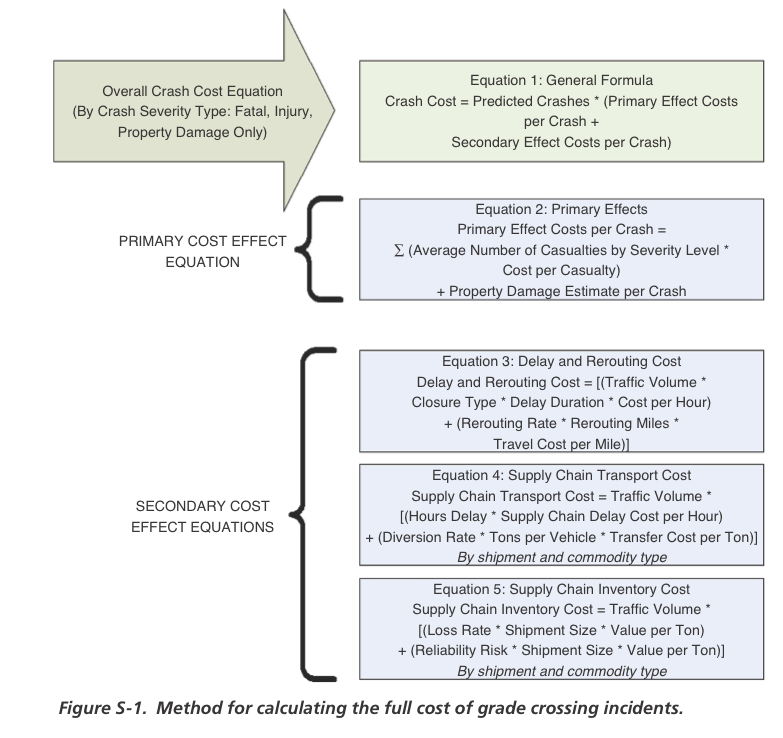
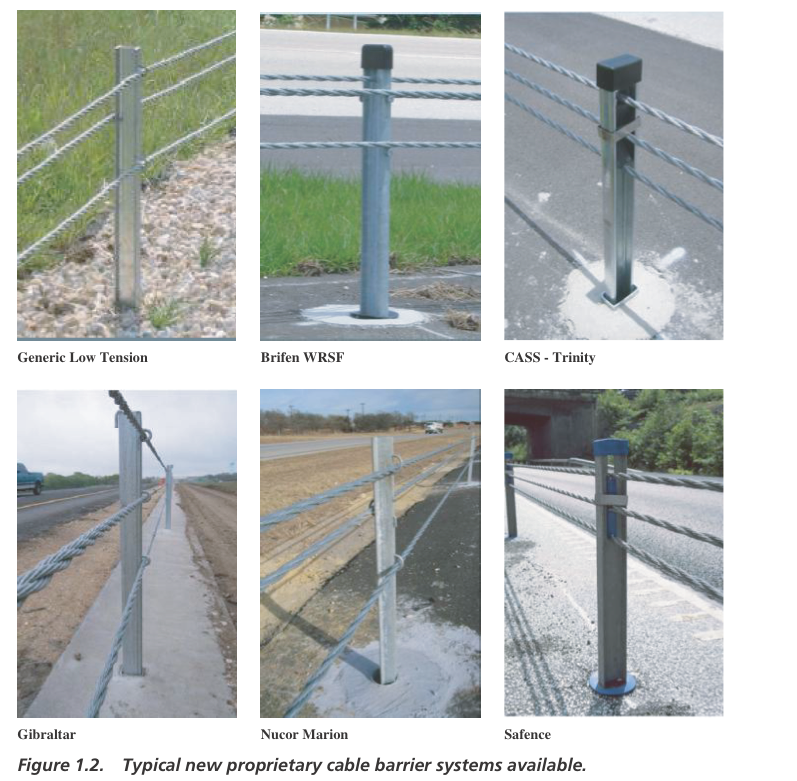
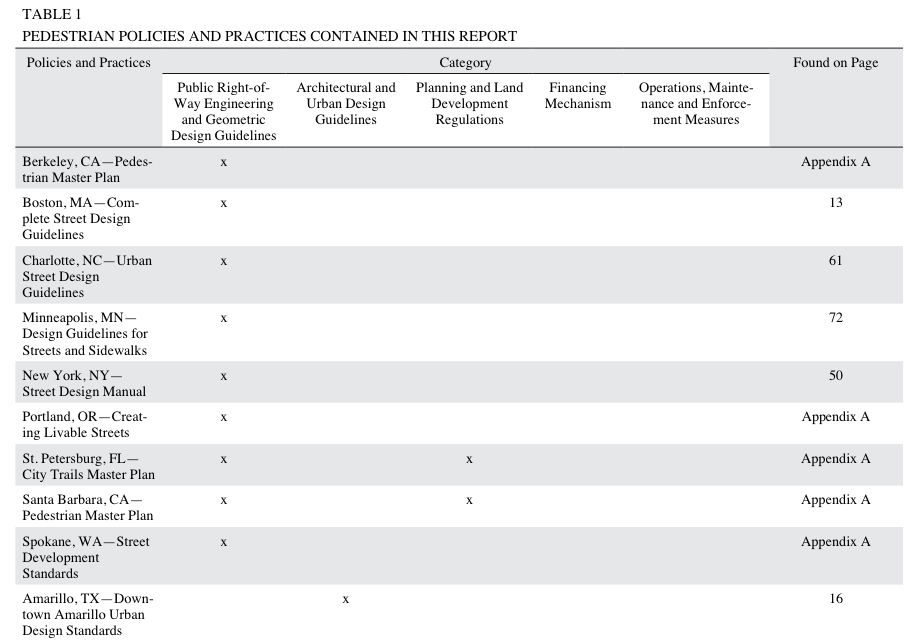
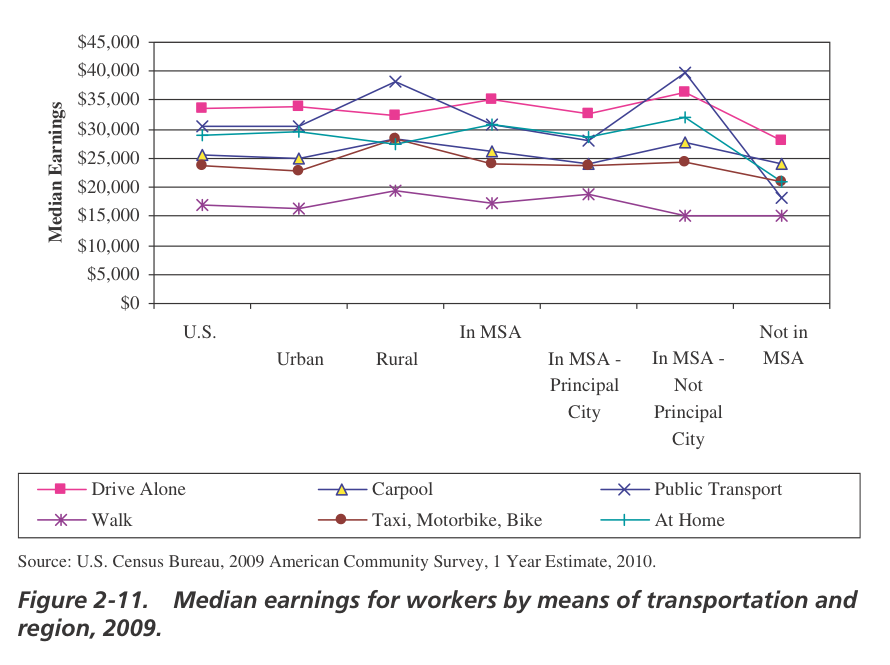
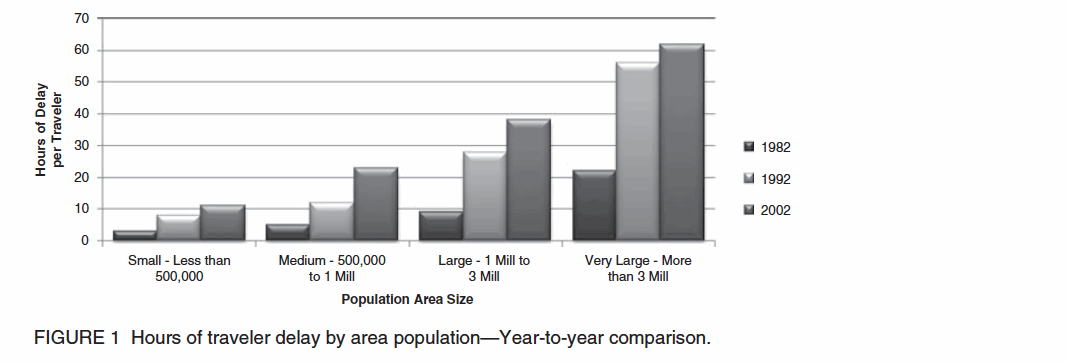

 RSS Feed
RSS Feed